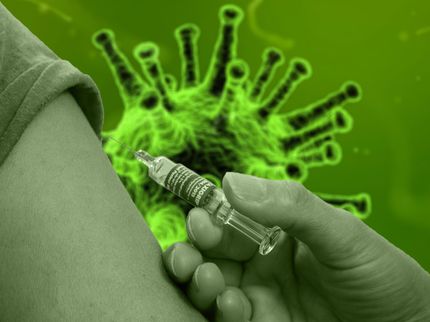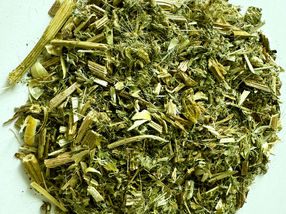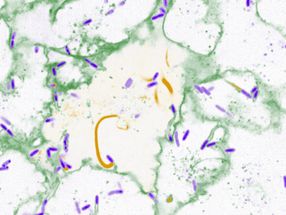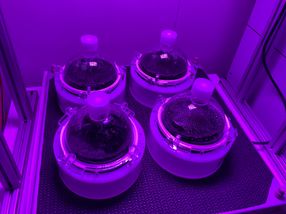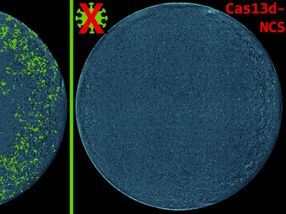A major step forward in fight against Chikungunya fever
The induction of neutralizing antibodies by a prophylactic Chikungunya vaccine candidate has now been confirmed by the final results of a phase 1 clinical trial, as well as its tolerability and safety. Detailed information of the trial has been presented at two international conferences. The vaccine candidate was developed under a R&D collaboration between Themis Bioscience GmbH and the Institut Pasteur (Paris, France) based upon a measles vaccine vector technology (Themaxyn®). Following this positive trial outcome both parties agreed to broaden the scope of their collaboration.
The Vienna-based biotech company Themis Bioscience GmbH has received final results of a phase 1 clinical study of its prophylactic Chikungunya fever vaccine. The study was carried out on 42 subjects at the Department of Clinical Pharmacology of the Vienna General Hospital (Allgemeines Krankenhaus der Stadt Wien) and confirms the previous interim results: The candidate not only proved to be well tolerated and safe, but also exhibited the required immune response in the form of neutralizing antibodies in all vaccinated subjects. Remarkably, the immune response was clearly dose-dependent with even the lowest dose being effective.
Commenting on the success of this Chikungunya phase I study, Themis' founder and CEO, Dr. Erich Tauber, states: "We could confirm that our Chikungunya vaccine candidate is well tolerated, safe and elicits the expected immune response. Considering the ongoing spread of Chikungunya epidemic, we now focus on making the vaccine available as soon as possible. We will also strengthen our already successful alliance with the Institut Pasteur."
The now confirmed success of the trial rests on the measles vector platform, whose core technology has been developed at the Institut Pasteur in Paris using a standard commercialised measles vaccine as a vector. Genes coding for selected antigens from the Chikungunya virus have been inserted into the genome of the well-established measles vaccine delivering those new antigens into the cells, thereby triggering a specific immune response against the Chikungunya virus.
Such phase 1 achievement with the Chikungunya vaccine candidate further validates this core technology, clinically and regulatory-wise, gearing it as well towards large scale, low cost production – a significant advantage for the development of vaccines against epidemic infectious diseases.
Most read news
Organizations
Other news from the department science

Get the life science industry in your inbox
From now on, don't miss a thing: Our newsletter for biotechnology, pharma and life sciences brings you up to date every Tuesday and Thursday. The latest industry news, product highlights and innovations - compact and easy to understand in your inbox. Researched by us so you don't have to.
